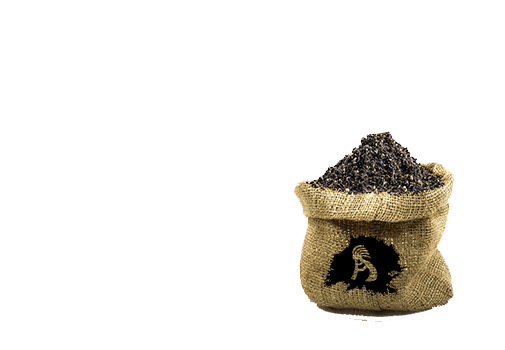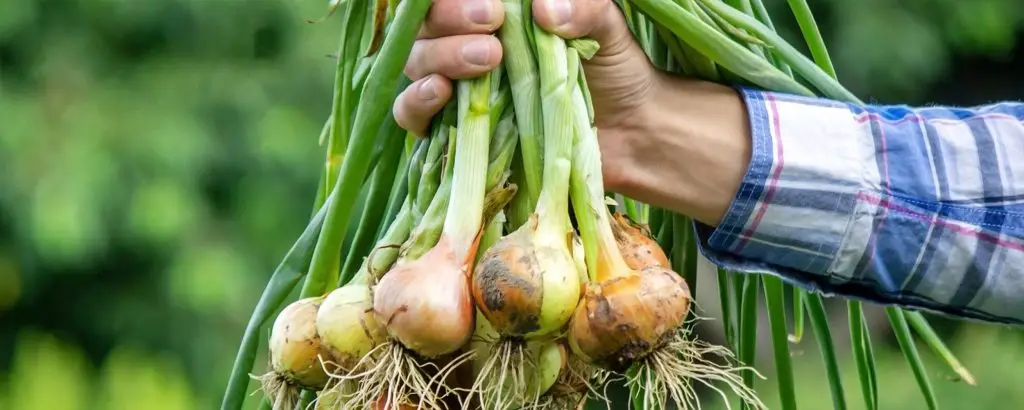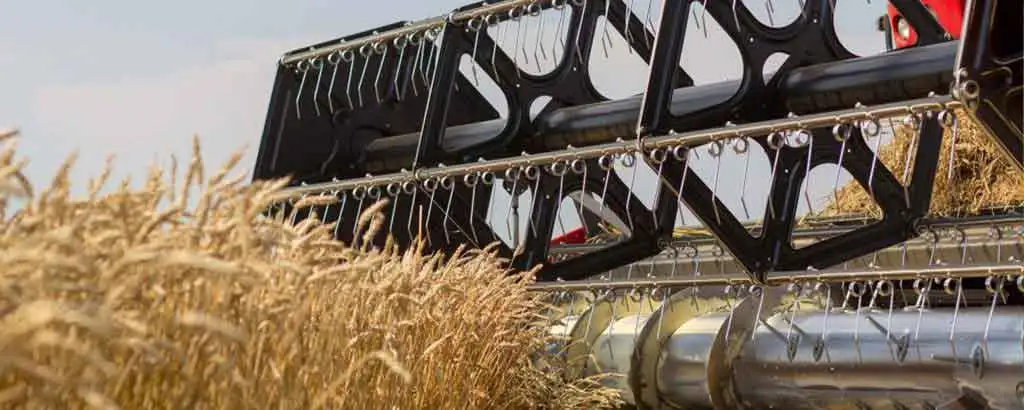With a shift to sustainable farming, interest in fulvic acid among farmers has surged. This naturally occurring organic acid is crucial for plant growth and soil health. In this blog post, we’ll explore fulvic acid’s vital role in sustainable agriculture and its benefits.
What is Fulvic Acid?
The acid that originates from humus, the organic component of soil, forming a complex organic compound. Soil microbes decompose dead plant matter, resulting in the formation of a water-soluble substance known as fulvic acid. It is known to contain a wide range of minerals, trace elements, and other organic compounds that are essential for plant growth.
Benefits of Fulvic Acid in Agriculture
- Improved Soil Health: The acid helps to improve soil structure by binding soil particles together, which leads to better water retention and nutrient absorption. It also increases the cation exchange capacity (CEC) of the soil, which helps to hold nutrients in the soil and make them available to plants.
- Enhanced Nutrient Uptake: Its known ability involves chelating or binding with minerals, thereby making them more available to plants. This leads to increased nutrient uptake and better plant growth.
- Increased Resistance to Environmental Stress: Research has shown that it increases plant resistance to environmental stressors like drought, extreme temperatures, and heavy metals. It also helps to enhance the plant’s immune system, making it less susceptible to diseases and pests.
- Higher Yields: The improved nutrient uptake and enhanced plant growth associated with this acid application can lead to higher crop yields.
Applications of Fulvic Acid in Agriculture
You can apply Fulvic acid to crops in various ways, such as using foliar sprays, soil amendments, and seed treatments. It can also be used as a soil conditioner to enhance soil health and boost microbial activity. You can enrich compost with it to boost soil nutrients and enhance nutrient bioavailability as a natural chelating agent.
Conclusion
In conclusion, fulvic acid plays a crucial role in sustainable agriculture practices. Its role in enhancing soil health, moreover, it nutrient uptake, stress resistance, and yield elevates its significance in organic farming. Using this acid in farming fosters healthy crop growth and soil and environmental well-being.







